Bethenny Frankel filed a class-action lawsuit against the social media platform last Thursday. The former Real Housewives of New York star and founder of the lifestyle brand, Skinnygirl, is suing TikTok over the alleged use of her “image and likeness” in fraudulent ads on the app.
The former reality star is a successful beauty influencer and business woman with nearly 1 million followers on TikTok. Some of her followers alerted her that they had seen ads on the app that appeared to show Frankel promoting counterfeit designer goods. “It came to my attention that TikTok was disseminating videos using my proprietary content without my consent to sell merchandise with which I have no affiliation,” Frankel said in a statement. In the lawsuit, Frankel alleges that videos of her promoting a designer cardigan were edited to seem as though she were promoting the counterfeit product.
After hearing about these fake ads, Frankel created her own video warning her followers of the allegedly stolen videos. TikTok then flagged her video as “abusive” and removed it within minutes of posting according to Frankel.
Why file a lawsuit?
Frankel is now seeking compensation for “significant injury and irreparable harm” these ads have caused her brand. She is also asking other creators who have suffered similarly on the app to speak up in order to enact change on the social media platform. In her suit, Frankel alleges that TikTok benefits from the fake ads by generating revenue, and the companies running the fraudulent ads pay the social media company to misuse creators’ images. The influencer wants TikTok to instate procedures “to protect creators and consumers.” After realizing how widespread the issue is, the Skinnygirl founder says that she wants “to be a voice for change and use my platform to create a shift in the industry.”
In the Washington Post, a representative for TikTok said that the app takes allegations of copyright infringement seriously and that there are already “strict policies to both protect people’s hard earned intellectual property and keep misleading content off of TikTok.” She states that users can report content both on TikTok or through the social media platform’s website. The same representative also acknowledges that nearly 20 percent of videos that received copyright notices are not removed from the app but that there are measures in place to flag and remove problematic content.
Frankel hopes that her lawsuit inspires other creators dealing with fake ads to be vocal. She has set up an email address for others in the same situation.

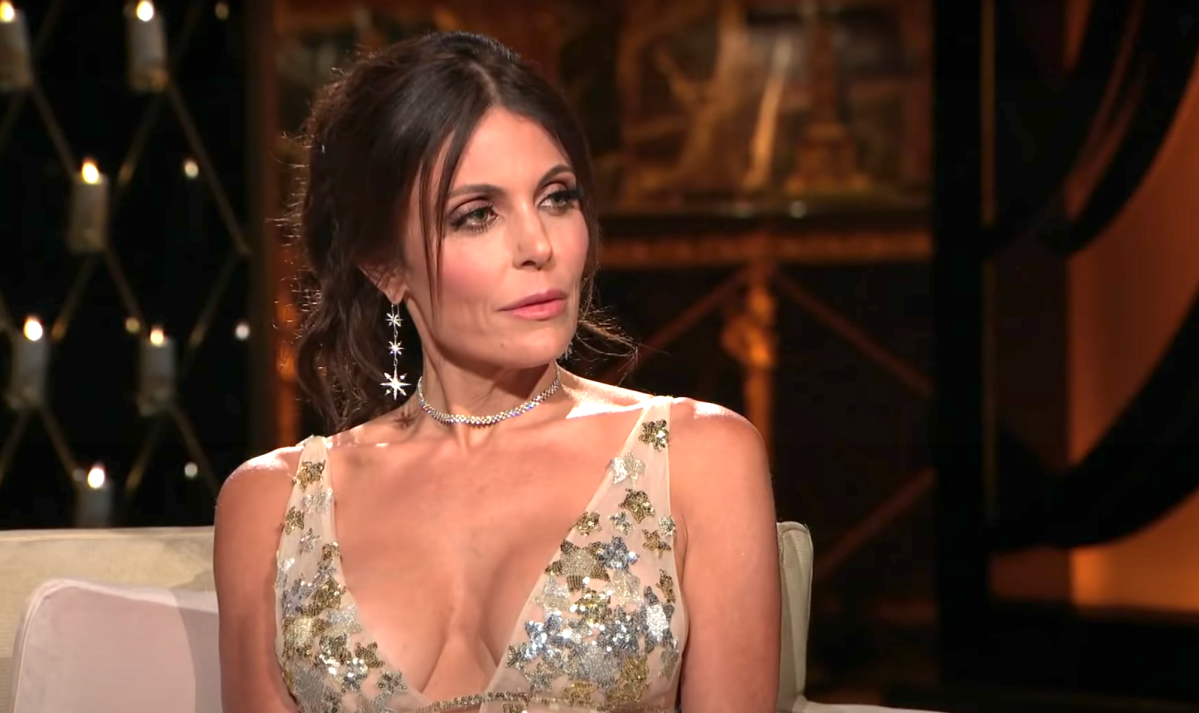
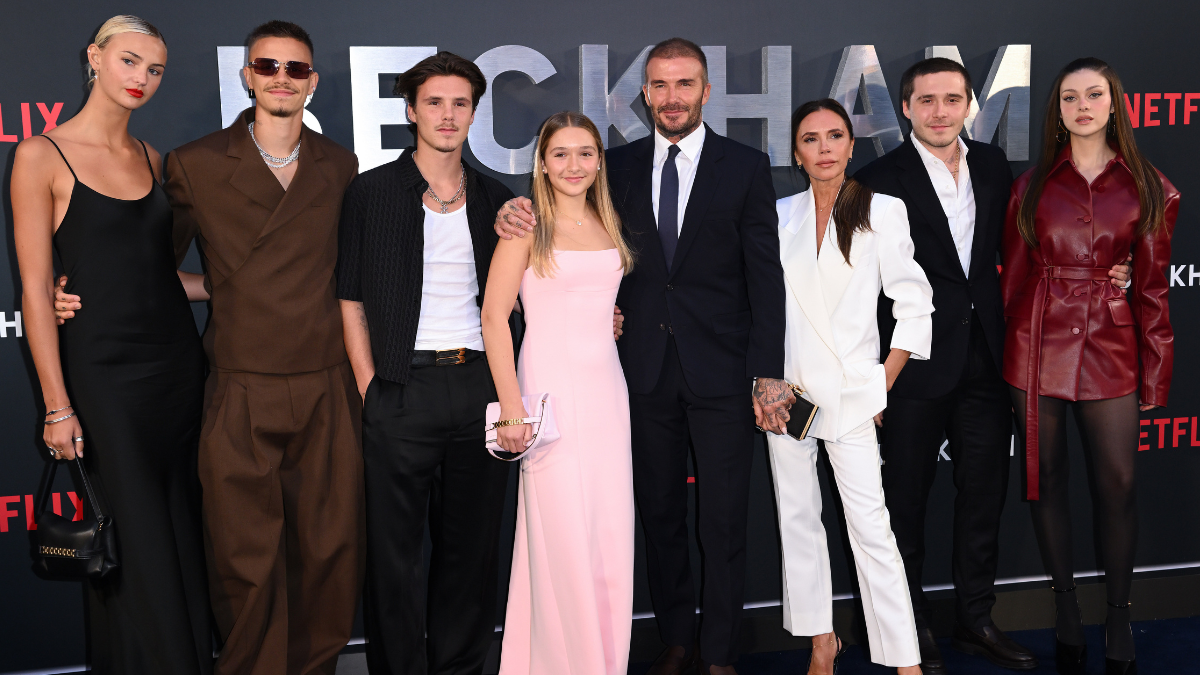
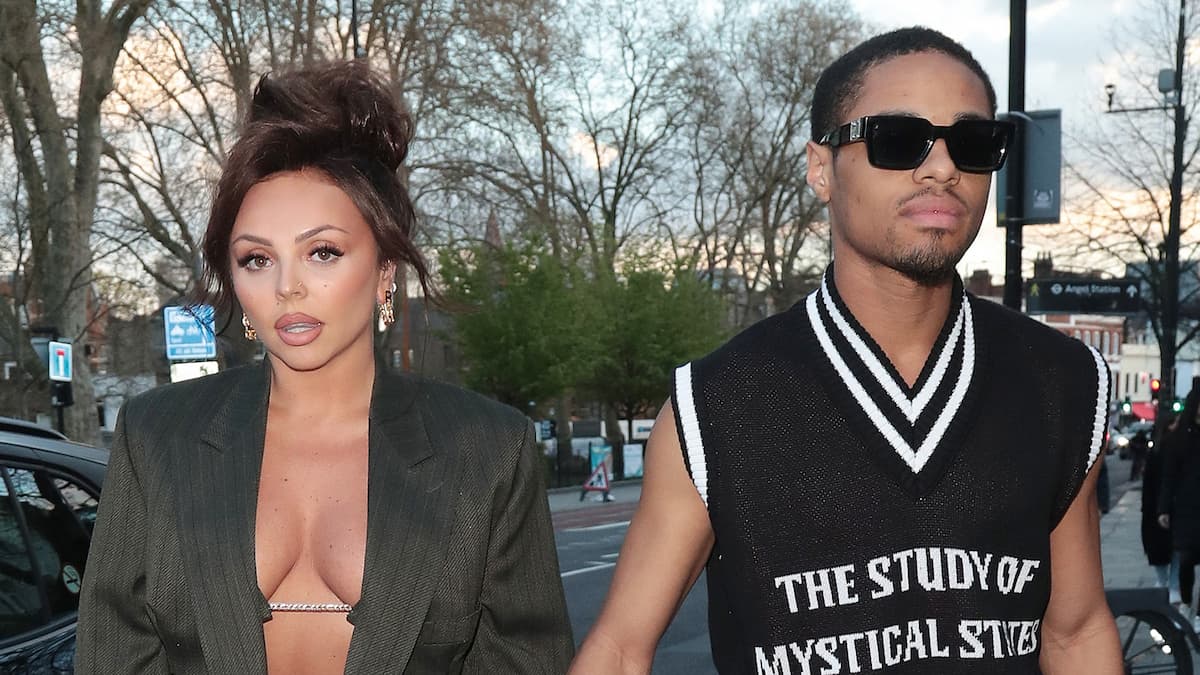
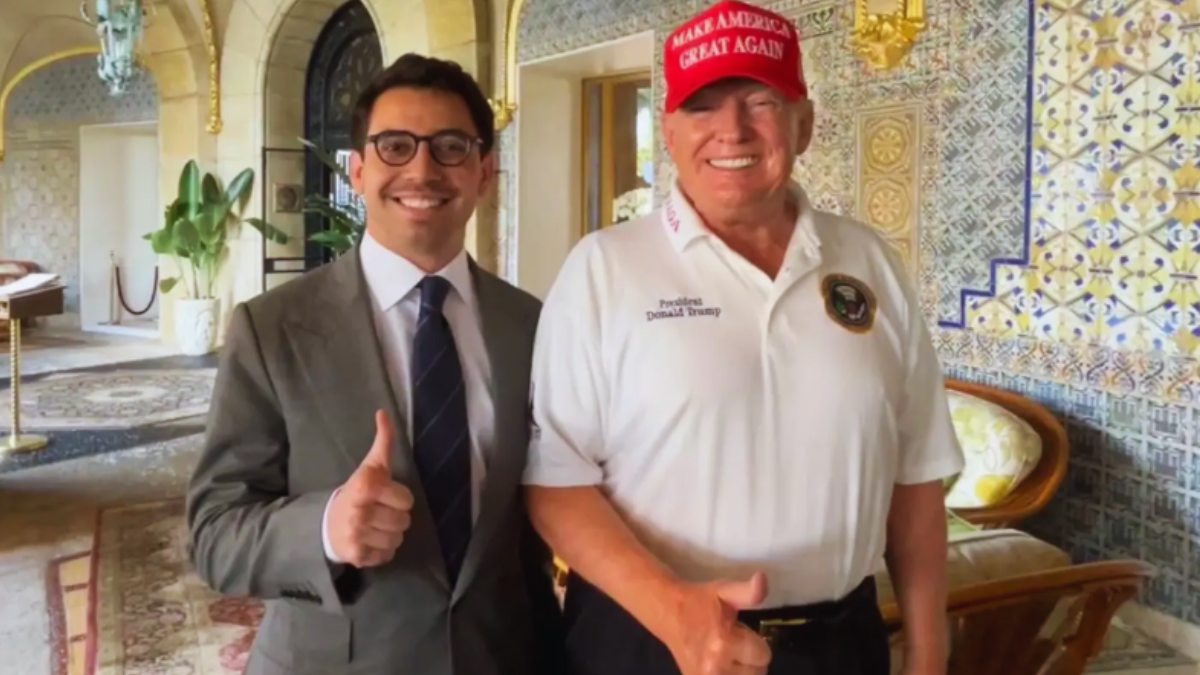

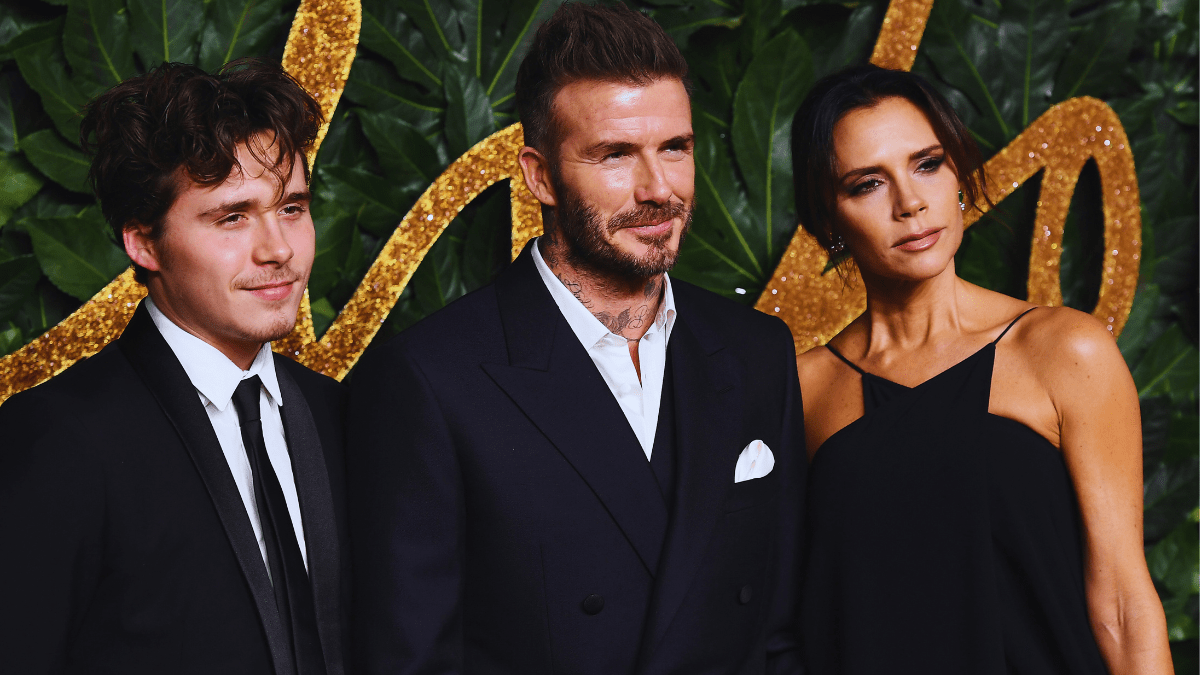
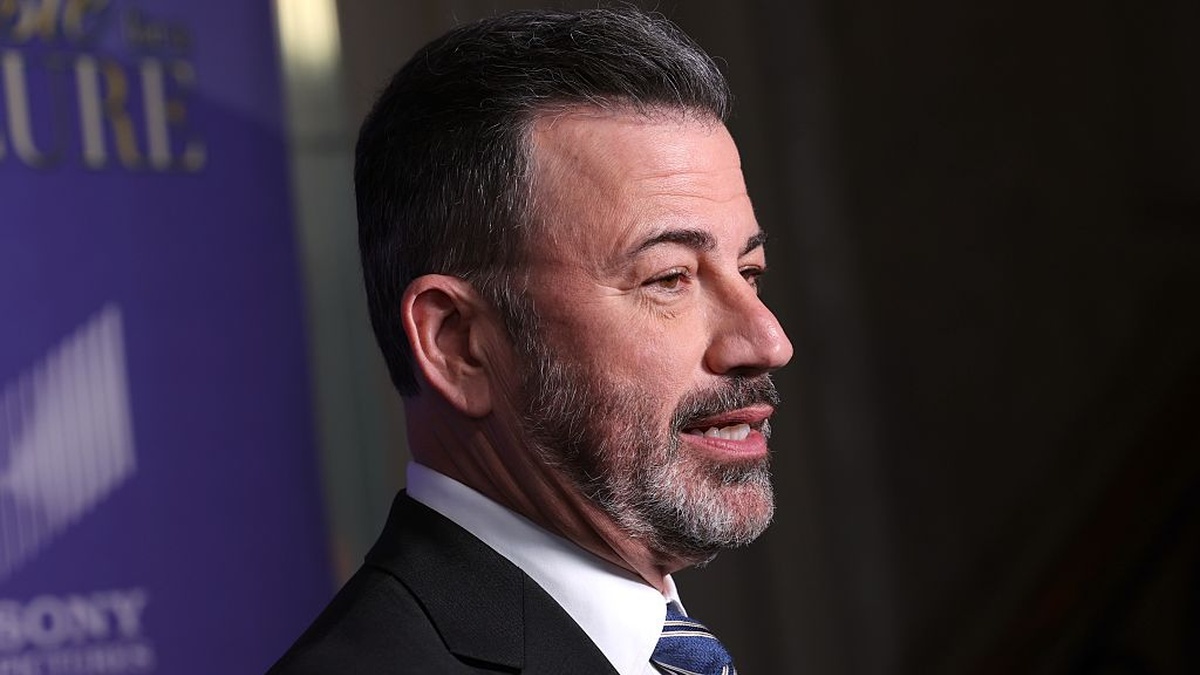



Published: Oct 13, 2022 04:55 am